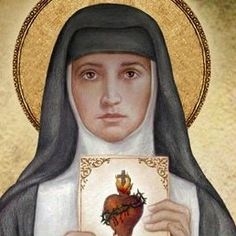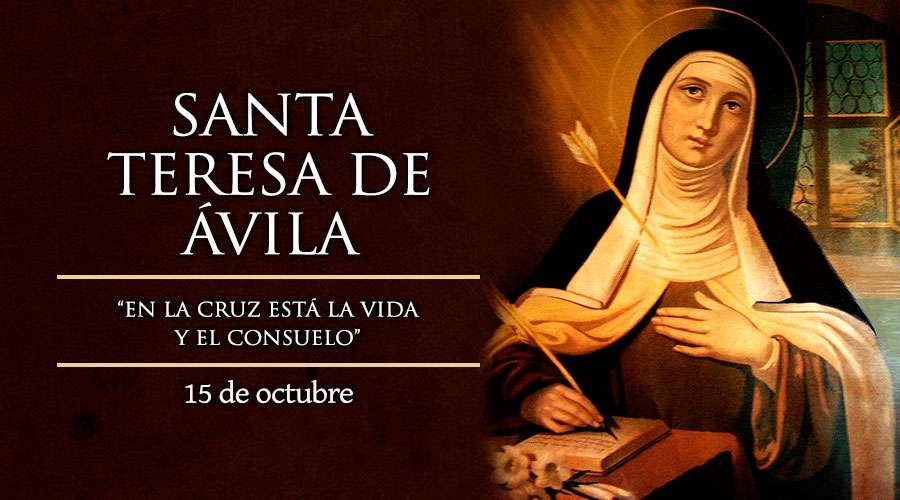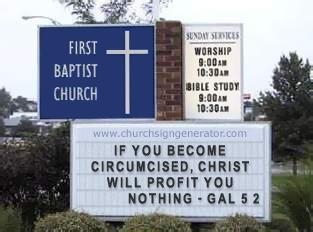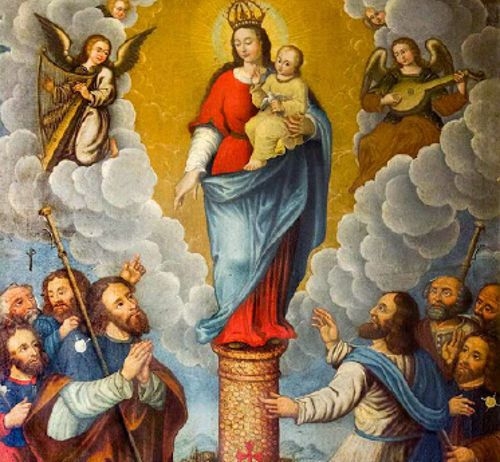These reflections are a result of more than 40 years of ministry as a Roman Catholic priest. Most of these years I spent in the Diocese of Charlotte which covers Western North Carolina. Now I am retired, and live in Medellín, Colombia where I continue to serve as a priest in the Archdiocese of Medellín.

R. Blessed the people the Lord has chosen to be his own.
Blessed the nation whose God is the LORD,
the people he has chosen for his own inheritance.
From heaven the LORD looks down;
he sees all mankind.
R. Blessed the people the Lord has chosen to be his own.
(Psalm 23)
As the Letter to the Ephesians states so clearly, we have been chosen in Christ. Why do we have such a hard time believing it? Most of us think that God puts conditions—God will love us if only we do this or that, God will love us if only we weren’t this way or that way. The truth is that we were baptized too . . . and that means God has chosen us, and there’s nothing we can do about it.
Today is the feast of Saint Margaret Mary Alacoque. She was chosen by God to promote devotion to the Sacred Heart of Jesus.

Woe to you, scholars of the law!
You have taken away the key of knowledge.
You yourselves did not enter and you stopped those trying to enter.
(Lk 11:52)
Jesus’ conflict with the “scholars of the Law” is very harsh. Instead of opening the door and inviting people to enter the way of knowledge, they locked the door and threw away the key. Saint Teresa of Ávila opened the door to holiness and invited everyone to enter and to experience the presence of God in prayer.

The fruit of the Spirit is love, joy, peace,
patience, kindness, generosity,
faithfulness, gentleness, self-control.
(Gal 5:22-23)
The "Fruits of the Spirit" sounds a bit like "butterflies and bunny rabbits" . . . but I think the Fruits of the Spirit are a bit more exotic with some added spice!

It is I, Paul, who am telling you
that if you have yourselves circumcised,
Christ will be of no benefit to you.
Once again I declare to every man who has himself circumcised
that he is bound to observe the entire law.
You are separated from Christ,
you who are trying to be justified by law;
you have fallen from grace.
For through the Spirit, by faith, we await the hope of righteousness.
For in Christ Jesus,
neither circumcision nor uncircumcision counts for anything,
but only faith working through love.
(Gal 5:2-6)
What in the world is Paul talking about? Circumcision, uncircumcision . . . it’s very unseemly. Why is Saint Paul talking about this? What has any of this to do with God, with love of neighbor?
Perhaps that is the point that Saint Paul is trying to make. Of course, today, when there are folks saying that if you don’t vote for my candidate you aren’t a “real Catholic,” we begin to understand what Saint Paul is saying.

For freedom Christ set us free; so stand firm
and do not submit again to the yoke of slavery.
(Gal 5:1)
The freedom of the children of God . . . freedom from the constraints of the Law of Moses. But as Saint Paul us:
Do not use this freedom as an opportunity for the flesh; rather, serve one another through love (Gal 5:13).
To joyfully use our freedom to serve one another through love, imitating the love of the Virgin Mary. Today is the feast of Our Lady of the Pillar which is very popular in Latin America.



